A Critical Update For The Natural Color Landscape
Butterfly Pea Flower Extract has received FDA approval as a color additive. This novel natural blue source is exceptionally heat stable and provides formulators with a beautiful denim blue shade for their library. Color from butterfly pea flower opens the door to beautiful green and purple shades through simple natural color blends too. It can be labeled as “butterfly pea flower extract for color” or “vegetable juice for color”, making this new source a very appealing option for today’s consumers looking for simple ingredient statements. Because the TTB follows FDA regulations regarding the color additives that may be used in alcohol beverages, this announcement also gives the alcoholic beverage industry a new, stable, uniquely blue natural colorant that survives harsh, high-proof systems.
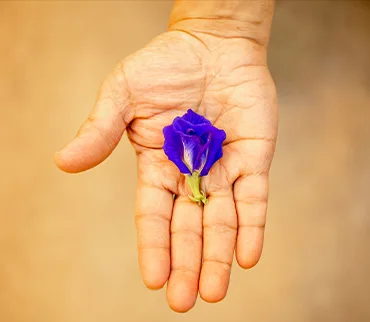
Sensient’s global agronomy team has been working with butterfly pea flower for the last ten years in order to increase both the supply of butterfly pea flower and to increase pigment levels in the petals. This will provide the food and beverage industry with a stable and cost optimized butterfly pea flower extract supply. Brands will have the ability to introduce new products with bold blues across a broad range of product categories.
Vertical Integration Enables Cost-Effective Commercial Blue
Traditionally, butterfly pea flower was produced as a secondary crop by very small farmers. Through various partnerships, Sensient has provided agricultural R&D along with incentives to growers in order to create a safe and secure supply chain capable of handling the volumes needed by major food and beverage brands.

Another advantage of a vertically integrated supply chain is food safety. Butterfly pea flower is inherently vulnerable to pesticide contamination. This is largely due to overspray coming from nearby farms. This presents an ongoing challenge. Vertical integration—especially when paired with a strong food safety program like Certasure™—ensures traceability and accountability from safe, clean, protected sources.
Most importantly, Sensient’s strong agronomy program has invested years of research and seed breeding to produce a patented high-pigment variety of butterfly pea flower and the world’s leading germplasm collection. This volume investment, combined with cost-in-use and color yield optimization, makes this color additive a cost-effective choice for brands looking for a bold natural blue in their food and beverage products.
Extraction Technology
In addition to agronomy, Sensient has invested considerable resources into extraction and ultrafiltration to ensure both the safety and efficacy of butterfly pea flower extract as a color. While butterfly pea flower has been consumed as an herbal tea and in other culinary applications for hundreds of years, the common powder or leaf form is neither suitable as a food color nor approved by FDA.
![]()
With this new announcement, butterfly pea flower extract is approved for use in several key application categories in the US, including alcoholic and non-alcoholic RTD beverages, ice cream and frozen dairy desserts, candies, and liquid coffee creamers, both dairy and plant-based.
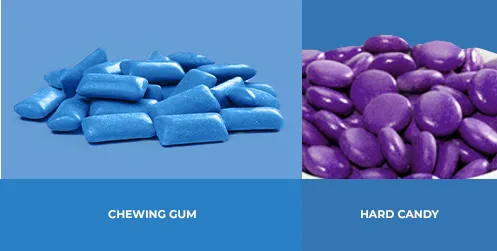
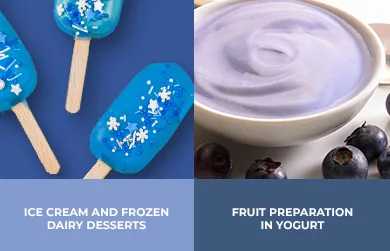
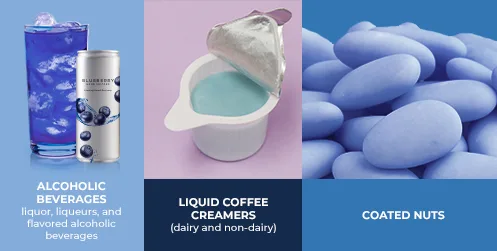
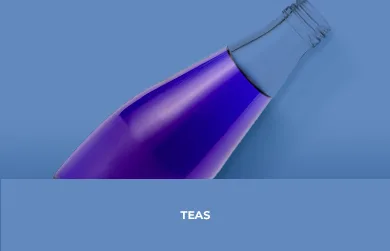
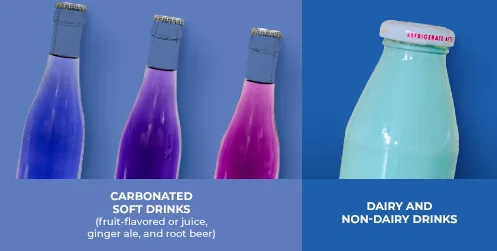
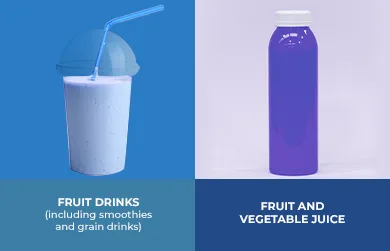
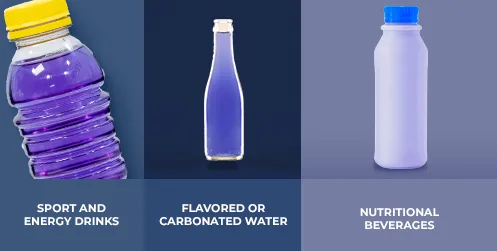
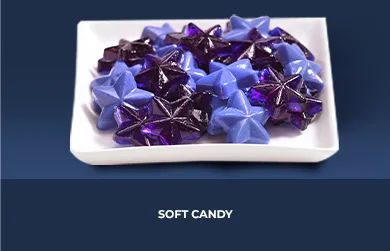
Natural Blues Enable Natural Greens, Purples, and Browns
Blue hues also enable our color experts to reach otherwise difficult-to-achieve colors like greens, purples, and browns when blended with other natural colors.
Developers less familiar with the intricacies of natural color may be surprised to find that these shades can be tricky to produce for food and beverage products. While green may seem common in nature, it often comes from chlorophyl in plants, which quickly turns an unappealing brown when the plant dies. Natural blue blends can create attractive shades like bright greens, rich purples, and deep browns.

Purple has historically been associated with royalty due to its rarity in nature. Fortunately, Butterfly Pea Flower enables stunning purple shades. At higher pH levels in certain applications, Butterfly Pea Flower alone produces a vivid violet hue. In combination with natural reds like beet, black carrot, and other anthocyanins, Butterfly Pea Flower opens the door to rich purples even bolder than those possible with synthetic blends!
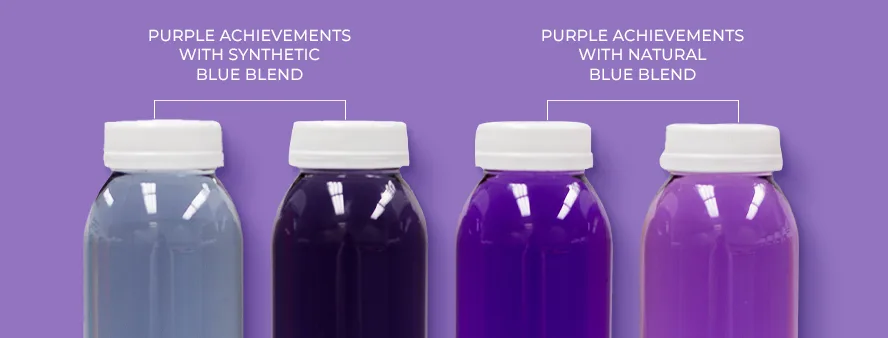
Bring Butterfly Pea Flower Blue to Your Next Project
Our regulatory team is always happy to discuss our color solutions and the steps we take to protect our customers from color-related recalls through our Certasure™ program. If you have specific questions about the FDA’s announcement or the petitioned categories, please reach out.
If you’re ready to test out this exciting color solution on your bench, request a sample today! If you have questions about Butterfly Pea Flower and how it may perform in specific applications, please feel free to reach out to schedule a consultation with our technical team. Brilliant blues await!